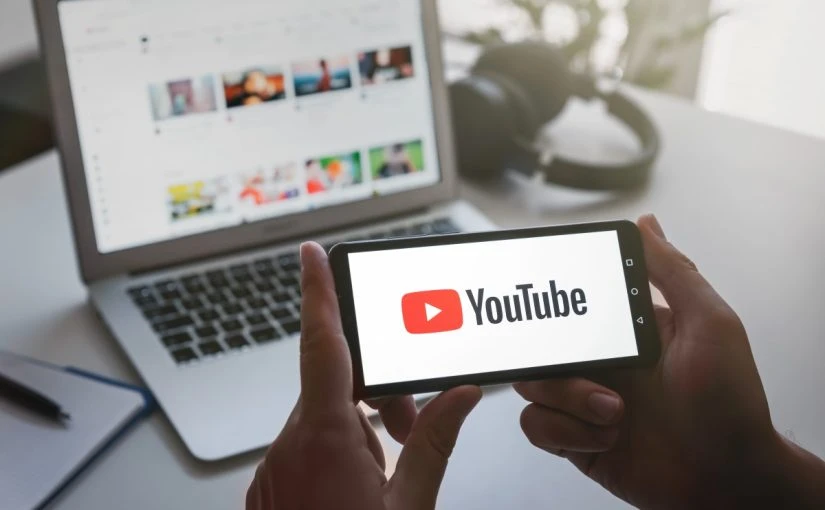YouTube MP3 Converter Popular:
YouTube to MP3 converter has become very popular due to its simplicity of it and users’ desire to listen to their favorite music off-line. The ease with which audio files can be downloaded in MP3 allows users to make their playlists, and listen to music without an internet connection.
Understanding Technology
YouTube to MP3 technology involves extracting audio from youtube to mp3 converter and converting them into MP3 formats that are widely accepted. There are many online software and tools designed to do this, but users should be cautious and select reliable platforms to avoid the security risks that come with malicious software.
The Legal Consequences
It is often debatable whether YouTube MP3 conversions are legal. In some countries, downloading material for your personal use is considered fair usage. However, copyrighted materials are illegal to distribute without consent in other jurisdictions. Copyright holders and content creators argue that conversions can lead to revenue losses and negatively impact the music business.
The Fair Use Principle and Copyright:
Copyright violations are a major concern when it comes to YouTube MP3 conversion. Unauthorized distribution threatens the livelihood of content creators who invest in music and video production. Proponents, on the other hand, argue that downloading material for personal use without the intent to share it falls under fair use.
The impact on content creators
YouTube to MP3 converters can both have positive and negative impacts on creators. Positively, this can increase exposure by allowing users to share their favorite tracks and spread the word. The downside of legal downloads and streaming is that they can lead to a loss in revenue. It is difficult to strike a balance that protects the rights of creators while allowing for accessibility.
Other Alternatives to the Drug War:
Many artists and record companies have adopted legitimate alternatives to address concerns about copyright violations. Spotify, Apple Music, and YouTube Music are legal streaming platforms that provide users access to a vast library of music, while also ensuring artists get paid for their work. The services are becoming increasingly popular because they offer a compromise between copyright protection and accessibility.
YouTube:
YouTube is a key player in the YouTube MP3 Conversion phenomenon. The platform offers a wide range of content but faces the difficult task of finding a balance between the needs of users and content creators while also generating revenue. YouTube uses Content ID to manage and identify copyrighted content. However, the problem persists.
Technology Advances and Countermeasures
Countermeasures against unauthorized distribution of content are evolving as technology does. YouTube constantly updates its algorithms to identify and limit the use of tools from third parties for extracting content. The cat-and-mouse game that continues between platform administrators and technology developers is still ongoing.
Education and remix culture:
YouTube has a lot more than just music. It is also a place for tutorials and remix culture. Some claim that YouTube MP3 conversion allows users to use audio content in educational or creative pursuits. This contributes to the vibrant culture of remixing. Even in such cases, however, it’s important to take into account the impact that the conversion may have on original creators and to adhere to the fair-use principles.
Technology Challenges and Innovations
Both sides in the YouTube MP3 debate face similar technological challenges. While content creators, platforms, and conversion tool developers are constantly innovating to protect the copyrighted materials of their work, they also explore ways to improve. In the ongoing arms race of technology, it is important to take a holistic view that takes into account legal, technical, and ethical issues.
Ethics Considerations for Users:
The ethical consequences of YouTube to MP3 conversion are also important for users. Online content consumption can be made more ethical by understanding the impact of content creation, providing support to artists via legal channels, and respecting copyright. The discussion of digital rights and obligations should include ethical considerations.
Conclusion:
YouTube to MP3 is a controversial issue, which highlights the interplay complex between copyright laws and content creators’ interests. Finding a way to balance the needs of users and artists in a digital world that is constantly evolving becomes more important. Users must be informed about the legal implications of their actions and select alternatives that are fair to the artists who enhance our digital experience.

